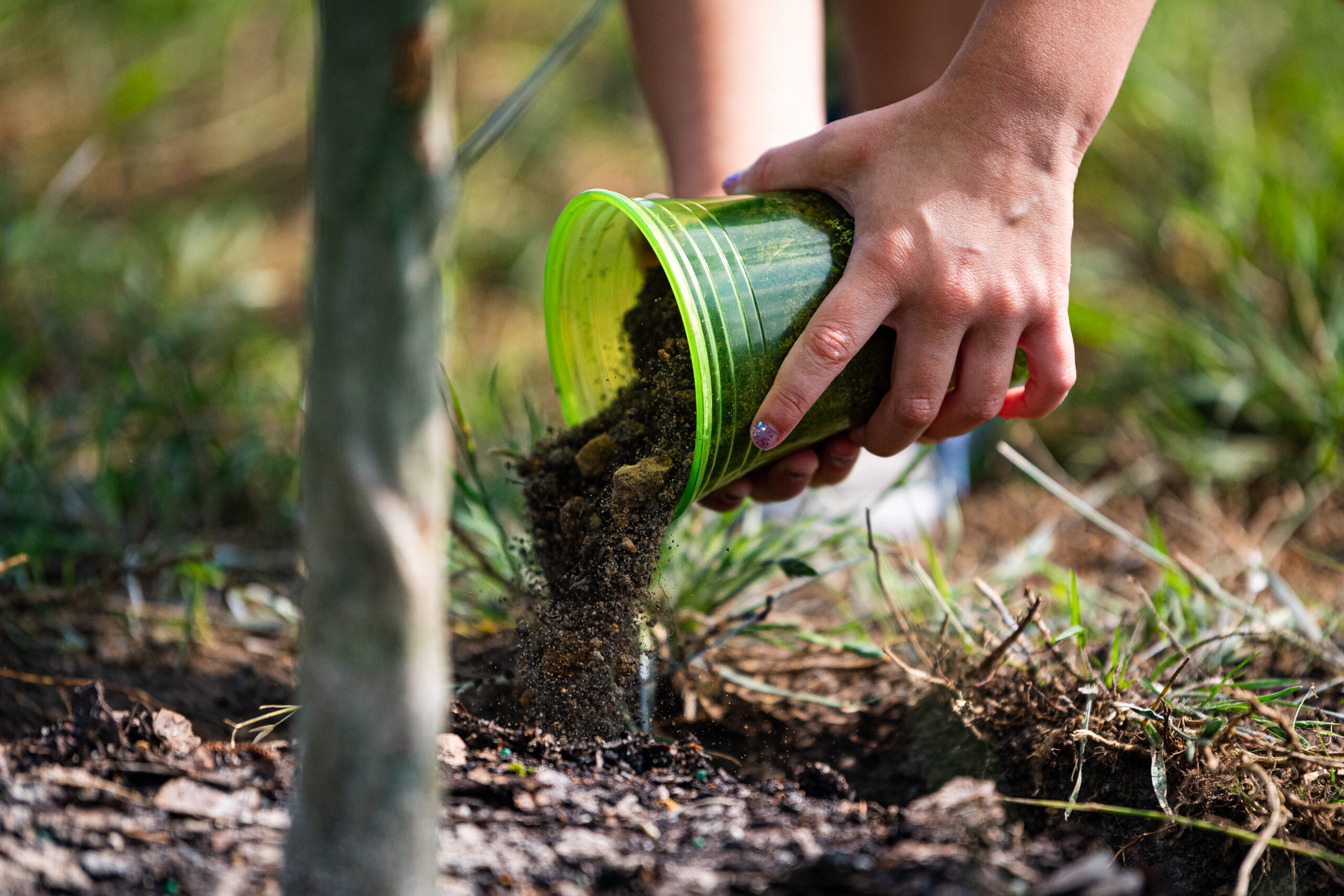News
A Fourth in the Wild: How Lewis and Clark Marked Independence Day on the Edge of the Frontier
July 4, 2025 •iSportsman Staff
The Wildlife Conservation Section (WCS) of the Georgia Department of Natural Resources (GDNR) is restoring a beautiful longleaf pine forest in the Ceylon Wildlife Management Area (CWMA). Jason Lee, program manager for the WCS, is overseeing the effort, and it would not be possible without the help of the Georgia military.
Over the years, Georgia has been buying up land in the CWMA, recently totaling around 27,000 acres. The state government purchased much of this land with funding provided from the military, who appreciate having less populated areas around the bases and installations. In this way, both the state conservation forces and Georgia military interests aligned for the greater good: the WCS gets to restore a historic longleaf pine forest, and the military gets to keep some spacing between bases and local communities.
“It’s just this happy coincidence that it works out,” said Lee. “We’re really fortunate to have the bases in our backyard, and we’ve been able to do a lot of conservation.”

A participant of a tree planting event dumps dirt over the root ball of a swamp chestnut oak tree at Moody Air Force Base, Georgia, April 30, 2021. More than 3,400 communities across the country have achieved Tree City USA status by meeting the core standards for recognition. (U.S. Air Force photo by Senior Airman Hayden Legg)
Bases can often cause conflicts with people who live in close vicinity to the area; for example, bases can get noise complaints for planes and other nightly activities, cause a lot of additional traffic in densely populated urban areas and more. On the other hand, having homes nearby military bases can distract from nighttime training, among other potential issues.
To help address many of these development issues, the military launched the Readiness and Environmental Protection Integration (REPI) program in 2003. Designed to share costs in agreements to prevent land-use conflicts, it became a boon for conservationists around the country who operate near military installations.
One program that’s great at facilitating military conservation efforts is the Sentinel Landscapes Partnership: A part of the REPI that launched in 2013 designed to advance sustainable land use practices around military installations. Their goals include strengthening military readiness, conserving natural resources, bolstering agricultural and forestry economies, enhancing resilience to climate change, and increasing public access to outdoor recreation.
One unlikely benefit of Georgia military bases like the one near the CWMA is that they help manage forests through fires. Over the last century, forests like the one in Georgia were specifically prevented from catching fire — while it may seem counterintuitive to the average person, controlled forest fires can be helpful at maintaining the health of a forest and ecosystem.

FORT BENNING, Ga. (June 13, 2018) – Junior Reserve Officer Training Corps cadets run through the forests of Fort Benning, Georgia, June 6. More than 500 JROTC cadets from high schools in Alabama and Georgia attended Cadet Leadership Challenge Camp, hosted by Fort Benning, Georgia, June 3 through 8. (U.S. Army photo by Markeith Horace, Maneuver Center of Excellence, Fort Benning Public Affairs)
In this case, the Georgia military base continued having fires due to their training exercises, resulting in healthier forest areas immediately around the base. This led to species like the red-cockaded woodpeckers and gopher tortoises having their only available habitats near the military bases.
That’s one of the biggest goals of this recent conservation effort with the CWMA: to restore habitats for animals and plant life in the area and to remove the burden of caring for these habitats from the military.

John Crain, 23d Civil Engineer Squadron forester, interacts with children at a tree planting event at Moody Air Force Base, Georgia, April 30, 2021. To maintain its status as a Tree City USA community, Moody celebrates Arbor Day every year with a tree planting event. (U.S. Air Force photo by Senior Airman Hayden Legg)
The Georgia partnership has proven to be one of the most successful under the REPI program, and many are hoping that they serve as inspiration for how the rest of the country’s military bases and conservation forces can operate moving forward.
“When I’ve gone to, like, REPI conferences…Georgia is often called out as a great example of REPI programs at work,” said Anne Flinn, the director of land protection for the Nature Conservancy.
Officials in the area say this is due to decades worth of trust and cooperation between Georgia’s numerous military bases and government organizations.
“We have the right people in the right places across multiple agencies that are not scared to pick up the phone, talk with one another, have a sincere interest and work together very well,” said Ken Bradley, the Sentinel Landscape coordinator in Georgia. “You just don’t see that in a lot of landscapes across the country.”